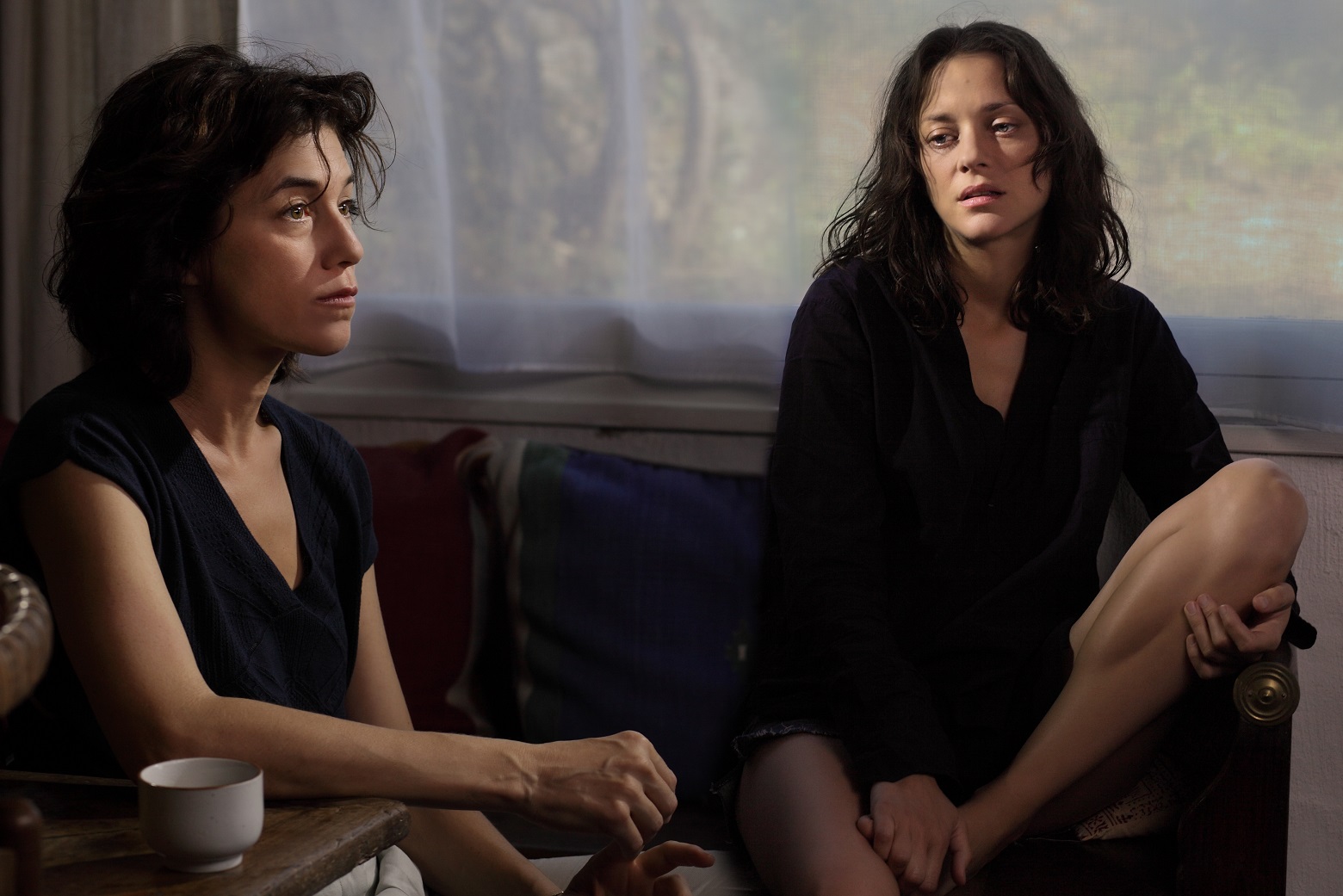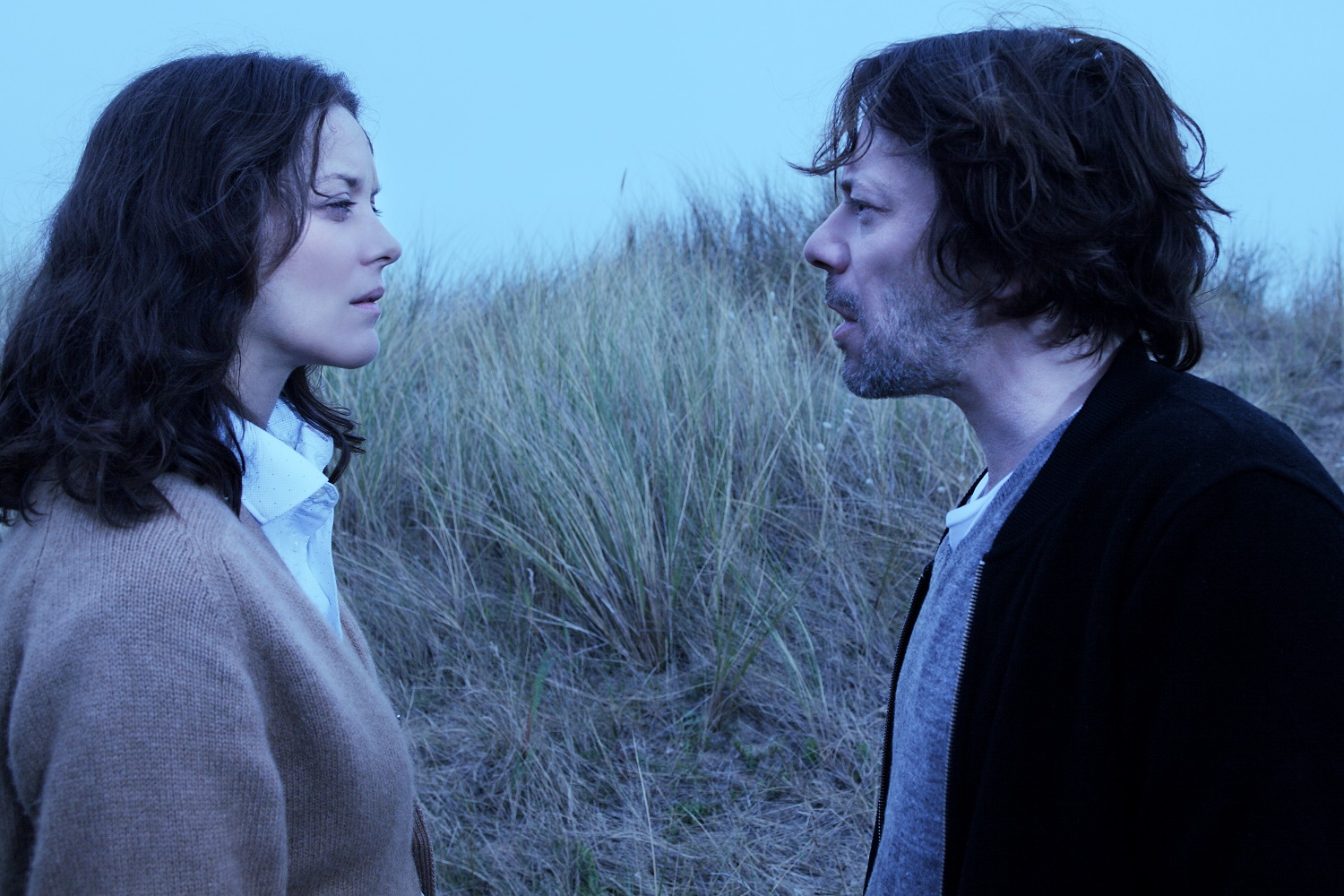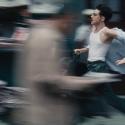The literary allusions and aspirations come thick and fast in this roomy, novelistic, most French of films from Arnaud Desplechin. Naming its characters after Joyce and Melville, interpolating passages from Philip Roth and Bernard Hermann’s score for Hitchcock’s Marnie, it’s a fictional film à clef within a partially real one about a neurotic director from Roubaix (which is also Desplechin’s hometown).
Its opening scenes grip and intrigue, as middle-aged spies in Paris contemplate the misadventures of their strangest recruit, Ivan Dedalus (Louis Garrel), with his “unlikely face” and enigmatic fate. Gregoire Hetzel’s urgent score, pared-down editing and these mandarins’ characterful faces promise a byzantine, satisfying tale.
Then Desplechin reveals this is a screenplay being written by director Ismaël (Mathieu Almaric), only for him to be interrupted by a desperate call from his former father-in-law, the greater director Henri Bloom (László Szabó), who is depressed at the disappearance, 21 years earlier, of his presumed dead daughter, Ismaël’s wife Carlotta.
Cotillard plays Carlotta as the kind of damaged lover who can become an obsession, as Sylvia bitterly realises. “I wanted to drive you crazy,” she tells Ismaël. “Not make you reasonable.” This impossible triangle shatters, and a maddened Ismaël soon also abandons the set of his film about Ivan, revealed as a version of his diplomat brother. Carlotta meanwhile haunts her father Henri, wordlessly following him like an unquiet spirit. Absences and unhealed wounds abound.
So is Hungarian veteran Szabó’s Bloom, a Jewish French Resistance hero who wears his grand old lion status like a crown, yet is tremulous with feeling. He has two great scenes. Insisting on drinking his own champagne against airline regulations, he rails against rules meant for terrorists. “Since I was born, I’m the target,” he cries. “Not the executioner.” And then, talking to Cotillard as his daughter, the sentimental ties of parent and child overwhelm the film’s complexity.
Desplechin is an aesthete sometimes high on his own supply of references. But here his rich, unruly film’s heart beats with truly novelistic certainty.














Add comment